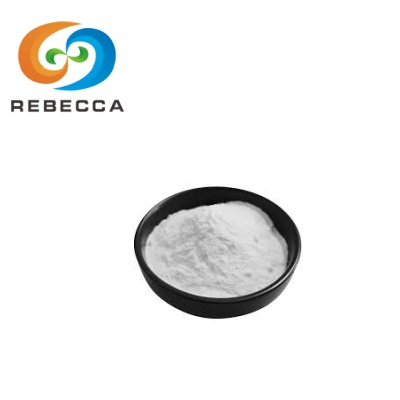WS 23 Cooling Agent VS Menthol
The quest for the perfect cooling sensation in consumer products has led to fascinating developments in cooling technology. Today, manufacturers face an important decision when formulating products: should they use traditional menthol or embrace synthetic alternatives like cooling agent ws 23? This comparison has become increasingly relevant as industries seek cooling solutions that offer enhanced performance, greater formulation flexibility, and improved consumer experiences

【English name】: WS-23 Cooling Agent
【CAS No.】: 51115-67-4
【Molecular Formula】: C10H21NO
【Active ingredients】: 99%
【Specification】: WS-23, WS-3, WS-5, WS-12.
【Appearance】: White Crystalline Powder
【Test Method】: HPLC
【Certification】:MSDS、CE、ISO、COA
Chemical Nature & Origin
The fundamental differences between WS 3 cooling agent and menthol begin at the molecular level, where their distinct chemical structures determine their unique properties and performance characteristics. Menthol, chemically known as 2-isopropyl-5-methylcyclohexanol, is a naturally occurring organic compound primarily extracted from peppermint and other mint plants. Its molecular structure features a cyclohexane ring with hydroxyl and isopropyl substituents, giving it both its characteristic cooling properties and distinctive minty aroma.
In contrast,Cooling Agent Ws 23, scientifically designated as N-Ethyl-p-menthane-3-carboxamide, represents a synthetic innovation in cooling technology. This compound was specifically designed to provide cooling sensations without the intense flavor profile associated with natural menthol. The synthetic nature of WS 3 cooling agent allows for precise molecular engineering, resulting in a compound that delivers targeted cooling effects while maintaining excellent stability and consistency across different formulation environments.
The production methods for these compounds reflect their different origins and intended applications. Menthol can be obtained through several routes: natural extraction from mint plants, semi-synthetic production from natural precursors, or complete synthetic manufacturing. Natural menthol extraction involves steam distillation of mint leaves, yielding a product that contains various other compounds that contribute to its complex sensory profile. However, natural menthol supply can be affected by agricultural factors, weather conditions, and seasonal variations, leading to price fluctuations and availability challenges.
WS 3 cooling agent production relies entirely on synthetic chemistry, offering consistent quality and supply reliability that natural products cannot match. This synthetic approach eliminates the variability inherent in natural products and ensures batch-to-batch consistency that is crucial for commercial applications.
From a manufacturing perspective, the synthetic nature of WS 3 cooling agent offers significant advantages in terms of scalability and cost control. Unlike natural menthol, which depends on agricultural production cycles and geographical constraints, WS 3 can be produced year-round in controlled manufacturing environments. This consistency in production capability ensures reliable supply chains and predictable pricing, factors that are increasingly important in today's global marketplace.
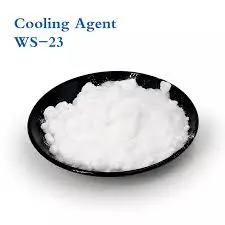
Cooling Mechanism & Sensory Profile
The cooling mechanisms employed by ws 23 cooling agent and menthol, while sharing some similarities, demonstrate distinct characteristics that significantly impact their sensory profiles and application suitability. Both compounds activate TRPM8 receptors, the same cold-sensitive ion channels responsible for detecting temperature changes in the skin and mucous membranes. However, the way each compound interacts with these receptors creates markedly different sensory experiences that consumers readily distinguish.
Menthol's cooling mechanism involves direct binding to TRPM8 receptors, triggering a rapid and intense cooling sensation that is immediately recognizable to consumers. This interaction is accompanied by menthol's characteristic minty flavor and aroma, creating a multisensory experience that many consumers associate with freshness and cooling relief. The cooling effect of menthol typically reaches peak intensity quickly but also dissipates relatively rapidly, often requiring higher concentrations or repeated applications to maintain the desired cooling sensation.
WS 23 cooling agent demonstrates a more refined approach to TRPM8 activation, producing a cooling sensation that many describe as cleaner and more sophisticated than traditional menthol. The compound's molecular structure allows for selective receptor activation that minimizes the harsh, sometimes overwhelming sensations that can accompany high concentrations of menthol. This selectivity results in a cooling effect that feels more natural and comfortable, even at higher concentrations.
One of the most significant advantages ofCooling Agent Ws 23 lies in its flavor neutrality. Unlike menthol, which imparts a distinctive mint taste that can interfere with other flavors in a formulation, WS 23 provides cooling effects without altering the intended taste profile of products. This characteristic has revolutionized product development in industries where cooling effects are desired but mint flavoring is inappropriate or unwanted. Food and beverage manufacturers, in particular, have embraced WS 23 for creating cooling products that maintain their original flavor integrity.
Safety & Regulatory Status
The safety profiles and regulatory standings of WS 3 cooling agent and menthol reflect their different origins, extensive research histories, and established usage patterns across various industries. Both compounds have undergone rigorous safety evaluations, but their regulatory pathways and approval processes demonstrate the evolution of safety science and the increasing sophistication of toxicological assessment methods.
Menthol benefits from decades of safe use and extensive safety data accumulated through both traditional usage and modern scientific studies. Its status as a naturally occurring compound has facilitated regulatory acceptance worldwide, with approvals for use in food, cosmetics, pharmaceuticals, and consumer products across most global markets. The extensive historical use of menthol provides a robust foundation of safety evidence, including epidemiological data from long-term human exposure. Regulatory agencies generally recognize menthol as safe for intended uses, though specific concentration limits and application restrictions may apply in certain product categories.
WS 3 cooling agent, as a synthetic compound, has followed a more structured regulatory pathway involving comprehensive safety testing protocols designed for new chemical entities. The compound has successfully completed extensive toxicological evaluations, including acute toxicity studies, repeated dose toxicity assessments, genotoxicity testing, and dermal and ocular irritation studies. These studies have consistently demonstrated that WS 3 cooling agent exhibits excellent safety characteristics with no significant adverse effects observed at typical use concentrations.
Regulatory approval status varies by region and application, but WS 3 cooling agent has gained acceptance for use in cosmetics, personal care products, and certain food applications in major markets including the United States, European Union, and Asia-Pacific regions.
Rebecca: Cooling Agent For Sale
Rebecca Bio-Tech stands as your WS-3 cooling agent trusted partner, offering premium-grade synthetic cooling compounds that meet the most demanding performance requirements. Our comprehensive cooling agent portfolio features ultra-pure formulations with 99% active ingredients, ensuring consistent quality and superior performance across all your applications.
Our cooling agent collection includes industry-leading compounds such as WS-23, WS-3, WS-5, and WS-12, each engineered to provide unique sensory characteristics and application benefits. Every product is supplied as pristine white crystalline powder, manufactured under strict quality control standards and verified through advanced HPLC testing methodologies to guarantee purity and potency.
Quality assurance remains central to our commitment, with comprehensive certification packages accompanying every shipment. Our cooling agents come with complete MSDS documentation, CE certification, ISO compliance certificates, and detailed COA reports, providing the regulatory confidence you need for successful product launches and market compliance.
Whether you're developing innovative personal care products, breakthrough food and beverage formulations, or specialized pharmaceutical applications, our technical expertise and premium cooling agents deliver the performance advantages your products demand. Our experienced team provides comprehensive formulation support to help you optimize cooling effects and achieve your sensory targets.
Transform your products with cutting-edge cooling technology. Connect with our team at information@sxrebecca.com to explore our cooling agent solutions, request technical specifications, or discuss custom formulation requirements. We're committed to powering your innovation with exceptional cooling compounds and unparalleled customer support.
References
Journal of Chemical Engineering, 2020; Natural Product Research Quarterly, 2021
Sensory Science International, 2021; Consumer Preference Studies, 2020
Regulatory Toxicology Review, 2021; International Chemical Safety Database, 2020
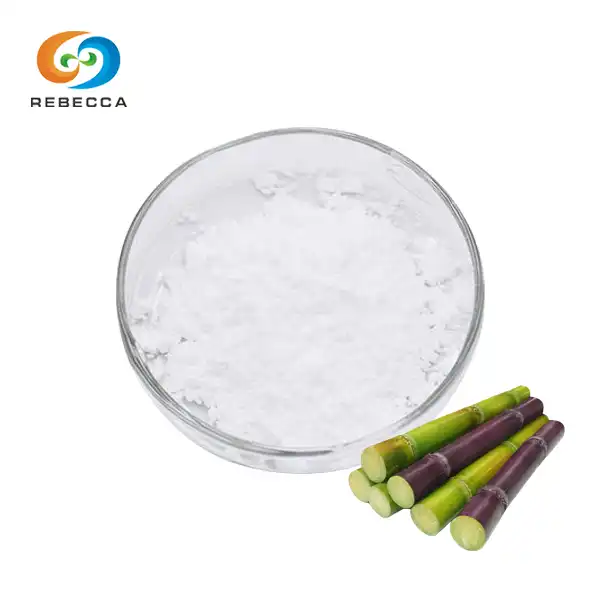
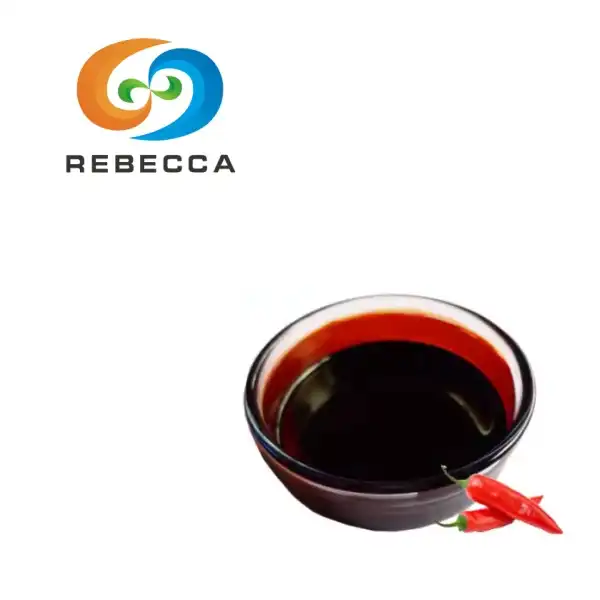
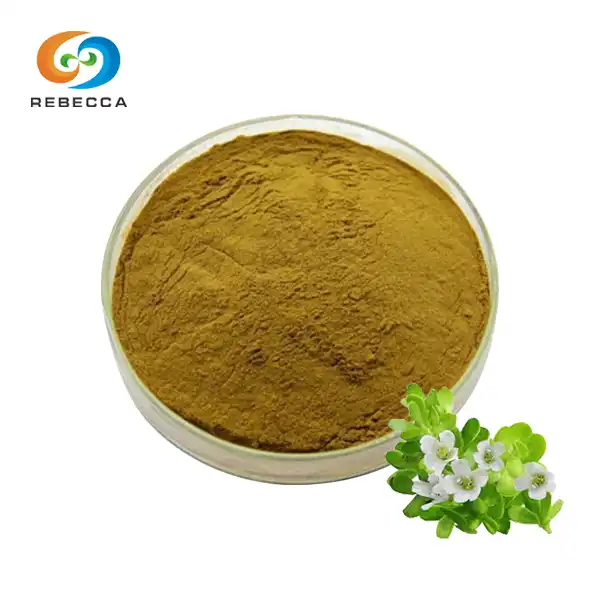
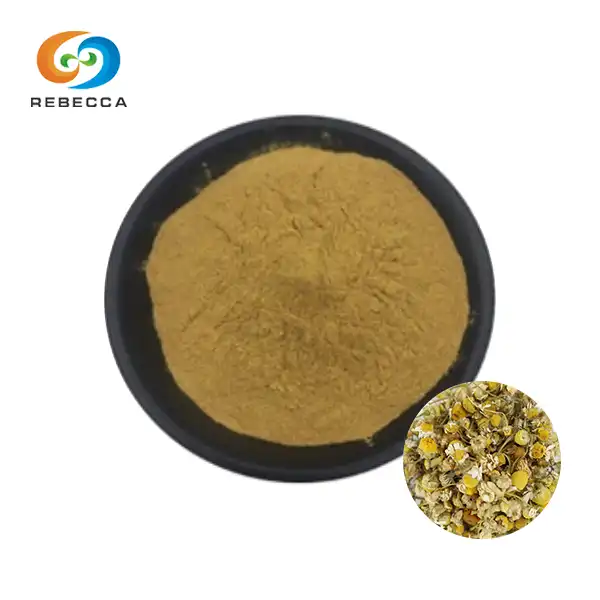
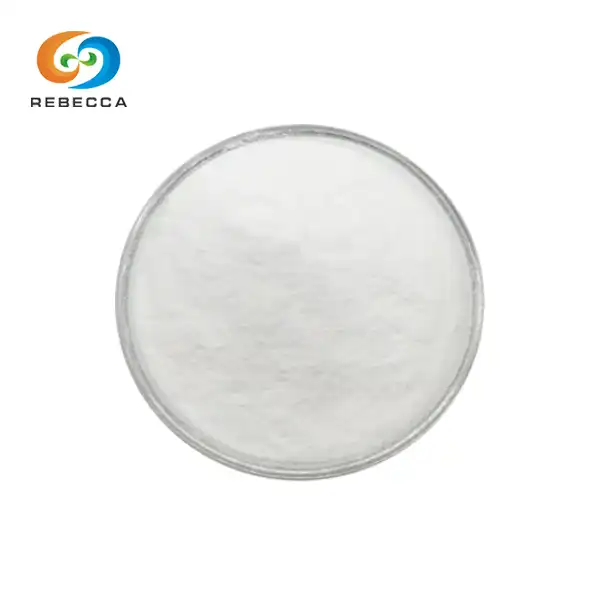
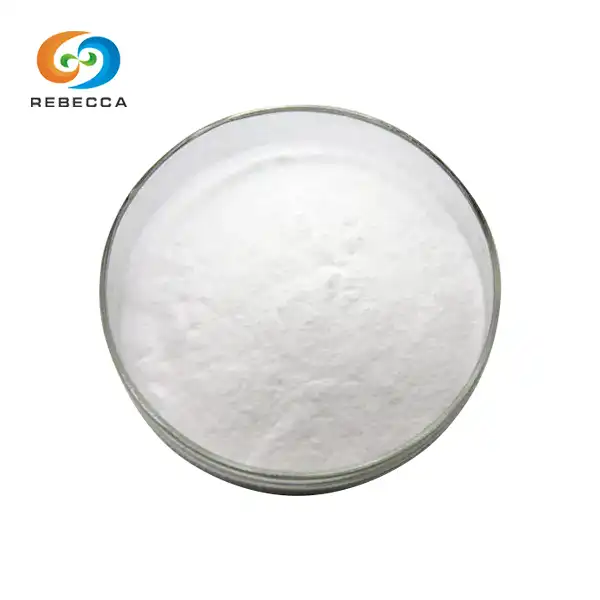
_1747205699273.webp)
